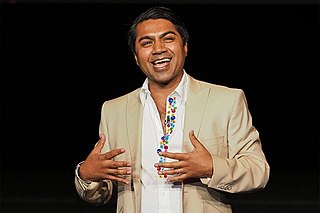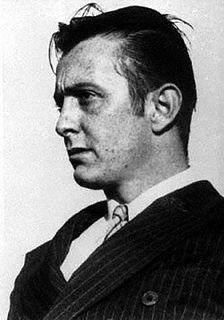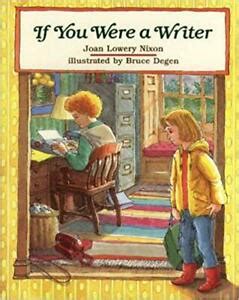A Quote by Tom Robbins
Most really good fiction is compelled into being. It comes from a kind of uncalculated innocence. You need not have your ending in mind before you commence. Indeed, you need not be certain of exactly what's going to transpire on page 2. If you know the whole story in advance, your novel is probably dead before you begin it. Give it some room to breathe, to change direction, to surprise you. Writing a novel is not so much a project as a journey, a voyage, an adventure.
Related Quotes
I Need a Good Book I need a good story. I need a good book. The kind that explodes Off the shelf. I need some good writing, Alive and exciting, To contemplate all by myself. I need a good novel, I need a good read. I probably need Two or three. I need a good tale Of love and betrayal Or perhaps an adventure at sea. I need a good saga. I need a good yarn. A momentous and mightily Or slight one. But with thousands and thousands And thousands of books, I need someone to tell me The right one. -John Lithgow
Objectifying your own novel while writing it never really helps. Instead, I guess while you're writing you need to think: This is the novel I want to write. And when you're done you need to think: This is what the novel I wanted to write feels like and reads like and looks like. Other people might call it sweeping or small, but it's the book you chose.
Before I begin a novel I have a strong sense of at least one central character and how the story begins, and a more vague sense of where things may wind up, but at some point, if the novel is any good at all, the story and characters take on lives of their own and take over the book, and the writer has to be open to that.
In my head, the 5 issues of A Spoon Too Short comprise one novel: a 100 page graphic novel sequel to Douglas' two Dirk books, taking some of the ideas he was working on before he died, and a whole bunch of new stuff from me and a little from Max Landis (who is the Executive Producer on the book as well as writing the forthcoming TV series).
The average detective story is probably no worse than the average novel, but you never see the average novel. It doesn't get published. The average -- or only slightly above average -- detective story does.... Whereas the good novel is not at all the same kind of book as the bad novel. It is about entirely different things. But the good detective story and the bad detective story are about exactly the same things, and they are about them in very much the same way.
In the case of my second film The Fish Child (El Niño Pez), I had written the novel about 5 years before I made into a film. In the case of The German Doctor I had published the novel a year before I started writing the script, I even had another project to shoot. But I had this idea of the powerful cinematic language from the novel that I couldn't let go of.
Listen closely. There’s a remote possibility that you might learn something: First, I don’t give a damn if my work is commercial or not…I’m the writer. If what I write is good, then people will read it. That’s why literature exists. An author puts his heart and guts on the page. For your information, a good novel can change the world. Keep that in mind before you attempt to sit down at a typewriter. Never waste time on something you don’t believe in yourself.






































